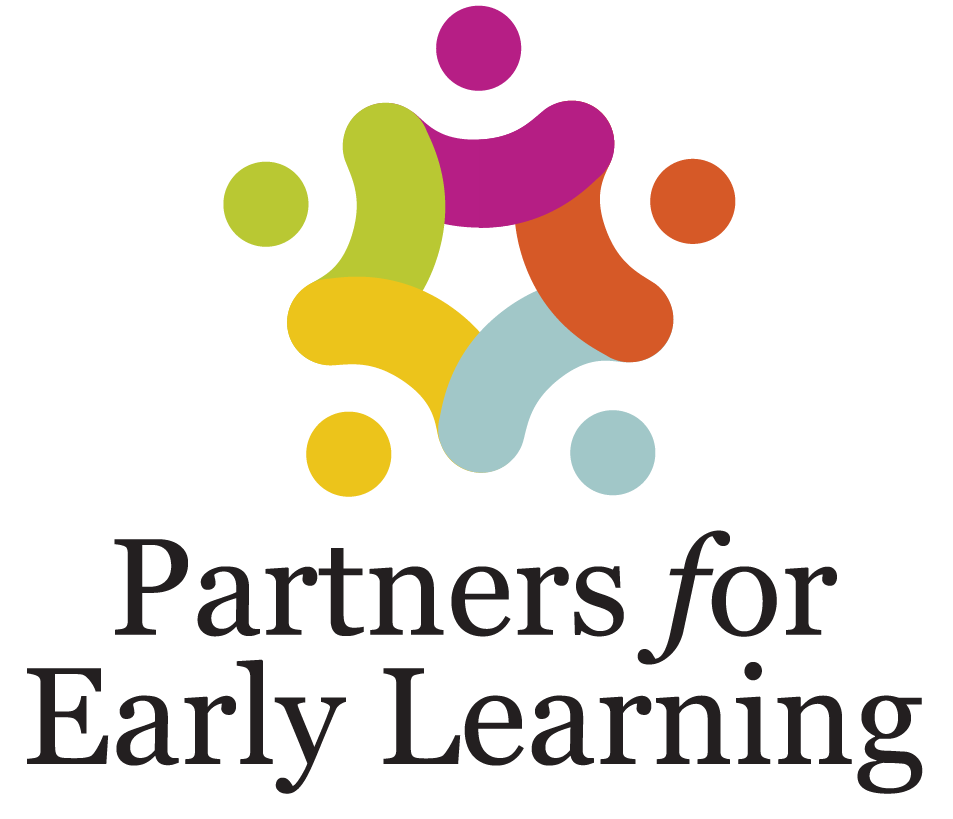Infants start communicating right from birth. Crying, smiling, vocalizations, looking at your face, and looking away are all ways your baby tells you when they are hungry, sleepy, want your attention, or need a little break from the excitement. How we respond to these communication attempts helps infants to regulate their emotions, manage stress, and feel safe. When parents talk – and listen – to their infants, they are creating a bond by activating not only the areas of the brain related to hearing, speech, and recognizing the individual sounds of language but also social and emotional centers.
References:
Dehaene-Lambertz, G., Dehaene, S., Hertz-Pannier, L. (2002). Functional Neuroimaging of Speech Perception in Infants Science 6, Vol. 298. no. 5600, pp. 2013
Gopnik, A., Meltzoff, A. N., & Kuhl, P. K. (1999). The scientist in the crib: Minds, brains, and how children learn. New York: William Morrow.
Kuhl, P. K., & Meltzoff, A. N. (1982). The bimodal perception of speech in infancy. Science, 218, 1138-1141.
Kuhl, P. K., & Meltzoff, A. N. (1996). Infant vocalizations in response to speech: Vocal imitation and developmental change. Journal of the Acoustical Society of America, 100(4), 2425-2438.
Kuhl, P. K., Williams, K. A., Lacerda, F., Stevens, K. N., & Lindbloom, B. (1992). Linguistic experience alters phonetic perception in infants by 6 months of age. Science, 255(5044), 606-608.

